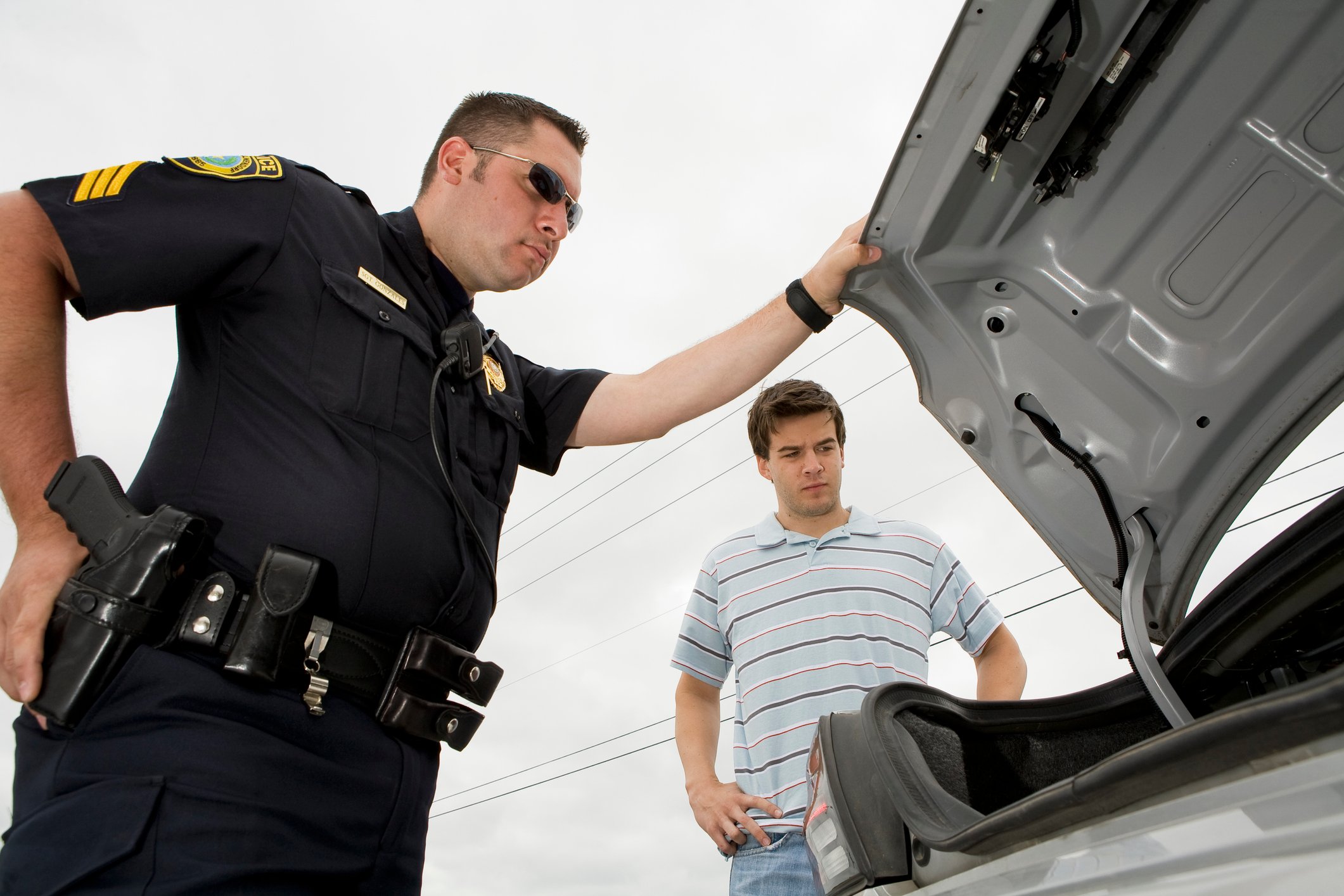The thriller or the action films would often have this customary shot where a police officer or a detective would flash his badge or gun at a passing car and commandeer their vehicle. And the driver would agree to that without any objection.
However, the question remains, in reality, can the police commandeer your car? Can you, as a free citizen, ignore that call? If you are looking for answers to similar questions, you are in the right place.
Car Commandeering—A Probe into the Matter
The films have their ways of dramatizing the situations. However, in real life, an officer demanding your car to chase a gang of robbers would be pretty rare. Usually, an officer might ask you to stop your car, ask your driver’s license if he/she suspects anything fishy. But commandeering is different, it suggests seizing or taking away your vehicle.
As a commoner, the matter might strike you with the following questions:
- Whether this is actually possible
- Whether this is a legal police procedure
No matter how rare it is, such situations can occur from time to time, and it is legal. Posse Comitatus is the law that allows it influenced by the English Common Law. As per the dictionary, the term suggests the county’s collective force or power and its total population above the age of 15, which the sheriff may summon to their assistance to keep the peace and arrest felons.
Despite its legality, the law varies from state to state or region to region in the US. For instance, if a situation like this arises in Alabama, the law says that you will not be liable if the refusal or failure to help the officer was reasonable under the specific circumstances.
The term ‘reasonable’ could be tricky and widely interpreted. It is wiser to consult a lawyer to have a clear understanding.
It is also interesting to learn that Alabama does not mention any age restrictions, which doesn’t rule out the possibility that even a toddler is bound to comply with the law and the officer to chase a bad guy.
Car Commandeering Circumstances
The info above leads you to an evident query— can the police commandeer your car anytime they feel the urgency? Remember, it has to be a genuinely dire circumstance, such as:
- a particular incident in a place that an ambulance cannot reach easily or quickly
- if the civilian vehicle is more suited to the job
Can You Refuse to Obey the Law
Well, as this is a law, refusing it would cost you. But again, that depends on the scenario, your state, or region.
But usually, if one declines to assist in such cases, he or she may be charged with Class A or Class B misdemeanor. One may also have to pay a penalty charge between $50 – $1000.
Hopefully, you found the article much helpful in answering your questions. Although it is never advisable to argue with an officer, as a responsible citizen, you must stay aware of your rights, especially when you are 18 or above.








